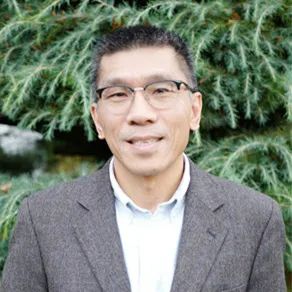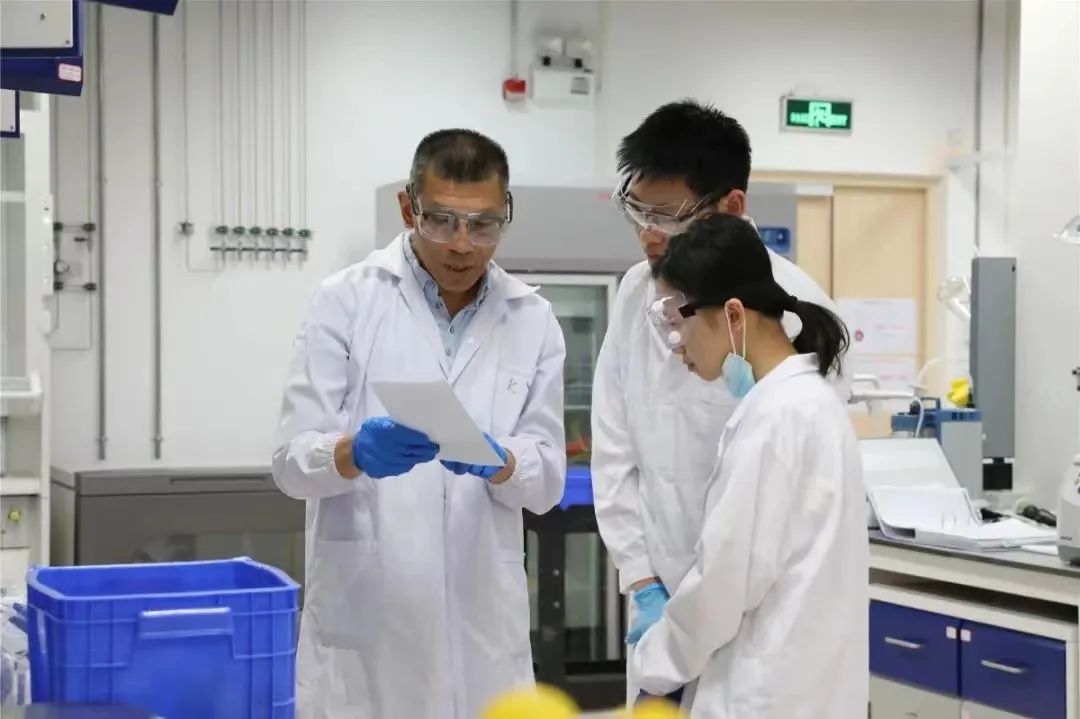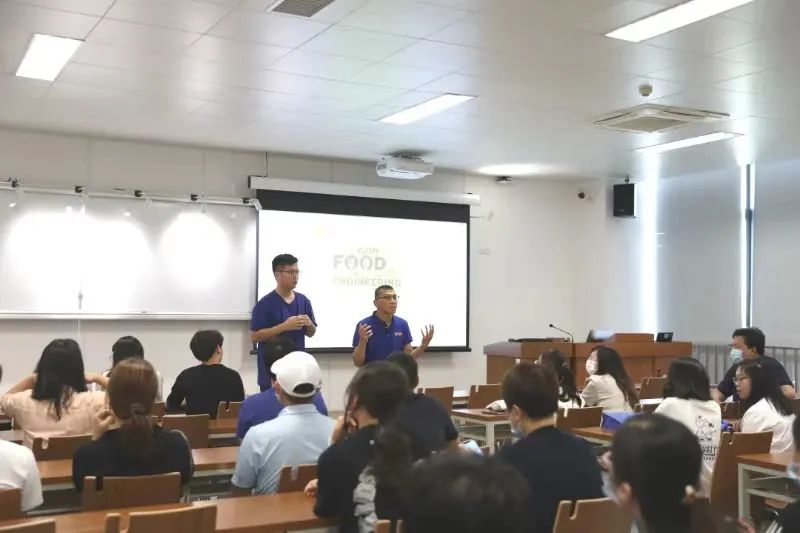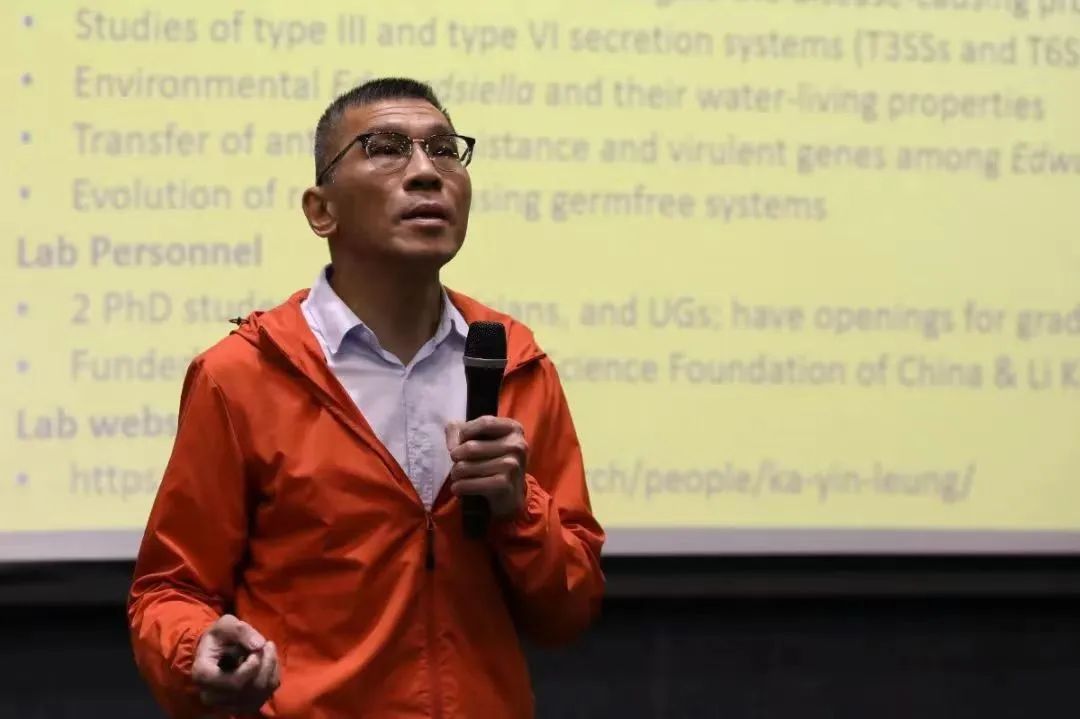PostTime:5/8/2022
Teachers are like a lighthouse, enlightening all the passing generations. In Guangdong Technion – Institute of Technology, teachers devoted themselves to teaching and research, winning many students' respect and love.
We will present a series of interviews with teachers, who will share their insights on education so that more people can get close to GTIIT's classes and teachers and know about its characteristics and educational philosophy.
Recently, student assistants of Career Center interviewed professor Ka Yin Leung from Biotechnology and Food Engineering. During the interview, Prof. Leung shared his experience of career development and his views on research and encouraged students to work hard.

Ka-Yin Leung
Biotechnology and Food Engineering
Professor
New City, New Inspiration

In Prof. Leung's career, after gaining his PhD, he worked in a biotechnology company in Canada, but he didn't like the job. He thought that the company he was working for at the time did not apply advanced technology to design products. This could be because Canada's population is relatively small, and biotechnology-related industries were not developed at that time.
When asked about the difference between working in a company and doing research at university, Prof. Leung made an interesting analogy: doing research at university is like running your own small company. The laboratory is his office building, he hires students to conduct research (in fact, his students in his project team call him "boss"), and the output is a paper. When working in the industry, he needs to consider whether the project has the potential to be marketable, and he should focus on whether certain research can be quickly transformed into a certain product. But to conduct research at the university, if he can get the research funding, he has the freedom to choose the research area.
He mentioned that being in a new city inspired his research. When he first arrived in Shantou, he went to several farms to take samples with government officers. The staff told him that the industries they developed had brought a lot of income, but the use of chemicals such as wastewater and antibiotics had also caused environmental pollution. Considering that maybe he can make some contributions to the local area and solve problems, he set up a project team to isolate and purify the bacteria in the samples, which has not been done before. He and his team read the literature in many different areas to devise the best experimental protocols to explore the environment in which these bacteria live.
In the horizontal comparison of occupations, Prof. Leung considers himself lucky since compared with his peers, he is doing something new and worthwhile every day. Prof. Leung believes that those who choose biology majors have one thing in common: be impressed by the power of nature and life. He loves his research and thinks that his research results are his life story. He hopes that he can also transform them and make the world a better place.
Endeavour to Tackle Difficulties
When encountering difficulties at work, Prof. Leung said that he would try his best to solve them. He would review the literature, think outside of the box, or join a workshop to discuss with other researchers. In his career, he has met many scientists, and their passion for science has become his inner motivation.
He recalled that his PhD supervisor, Susan, and her husband, are already well-known scientists, but they are still doing research in the lab for decades. Prof. Leung believes that the most important thing he has learned from them is “the culture of science” - they always share their knowledge without reservation. They can talk all day about their research area. They have an open and inclusive mind, and it is a great pleasure to talk to them. Promoting scientific progress is an exciting thing, and it is not about fame or fortune. When Professor Leung face difficulties in his research, he said that he would discuss with researchers from all over the world, and get inspiration for solving problems in the discussion.
To GTers: Study Hard and Discover Your Potential

Prof. Leung believes that in the future, solving problems requires interdisciplinary knowledge. If students think that studying biology majors is only about learning biology-related knowledge, it will not work. GTIIT’s courses are relatively difficult. Students here not only get a degree in biotechnology, but also one in engineering. Through these courses, students can have more opportunities and stronger abilities for their future direction, whether it is food engineering or biotechnology. No matter which industry you are in, you will always need to keep learning. Thus, GTIIT's undergraduate study could provide a solid foundation.
English-medium education may be a difficulty. Prof. Leung had the same experience. He went to high school in Hong Kong where courses were taught in Chinese (Cantonese). To adjust to the English teaching mode in Canada, he did his last year in high school again. He can do it, so he believes his students can, too. "Now you have chosen GTIIT, you should work hard to adapt to it no matter what." He said that it is his responsibility to answer questions for students, so if you have any questions, you can send emails or meet him in his office.
At the end of the interview, Prof. Leung gave his advice to students: read textbooks, study hard, discover their potential, and enjoy life at GTIIT.
Text/Photos: GTIIT Career Competencies Center, News & Public Affairs
Video: GTIIT Career Competencies Center
© GUANGDONG TECHNION-ISRAEL INSTITUTE OF TECHNOLOGY | 粤ICP备17036470号
